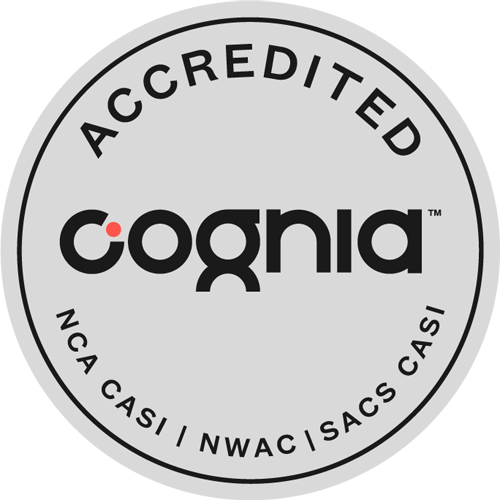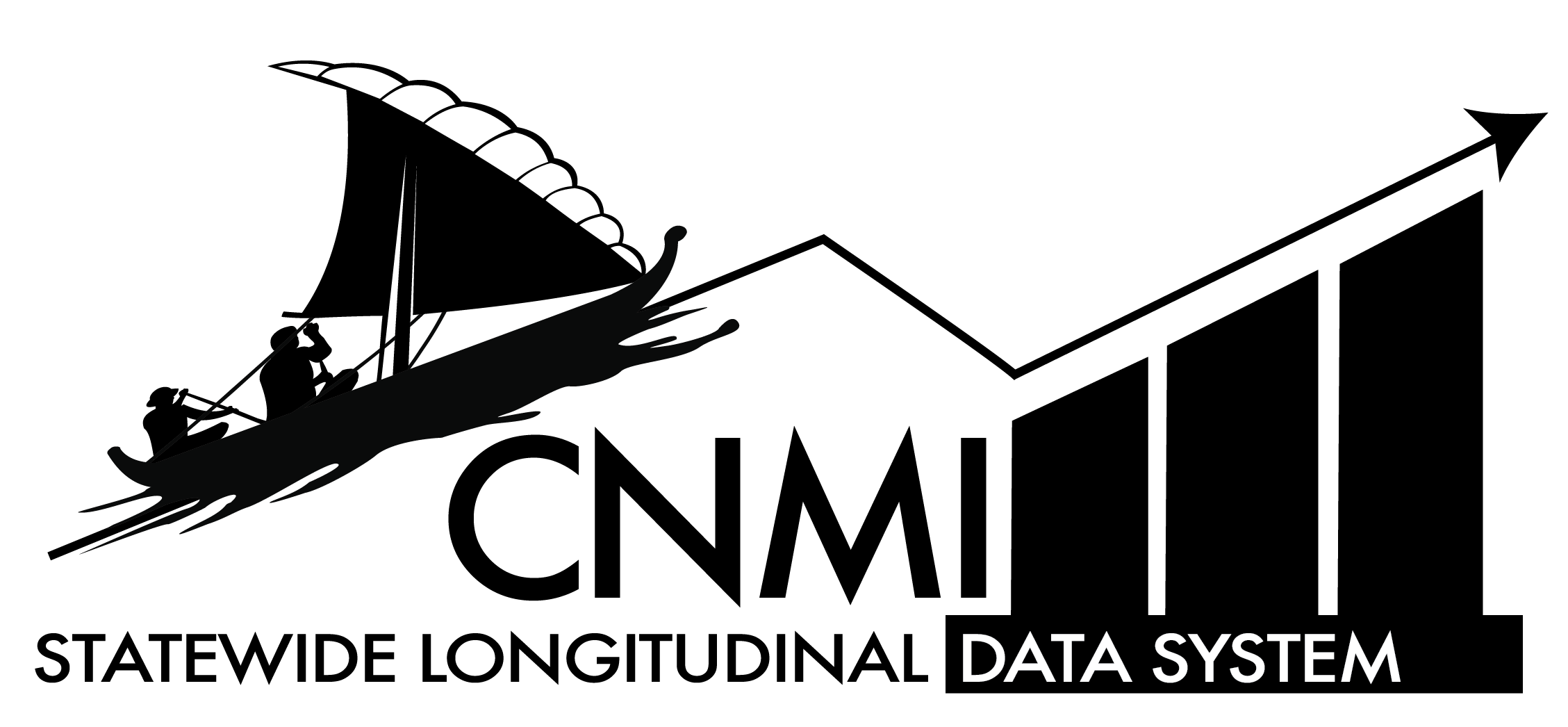Federal Programs Office
CNMI PSS American Rescue Plan (ARP) OA-SEA Implementation Plan
Q2 Progress Update
Q2 Progress Update
Q3 Progress Update
Q4 Progress Update
FY25 Q2 Progress Update
Consolidated Grant
FY2022 Consolidated Grant Application
FY2022 Consolidated Grant Annual Performance Report
Q2 Progress Update
Q4 Progress Update
FY 2023 Consolidated Grant Application
FY 2023 Consolidated Grant Annual Performance Report
Q1 Progress Update
Q2 Progress Update
Q2 Progress Update
FY 2024 Consolidated Grant Application
Education Stabilization Fund
FY24 Q1 - Discussion on Obligation
FY22 Q2 Progress Update
FY23 Q2 Progress Update
FY Q2 Progress Update
FY21 Q3 Progress Update
FY21 Q3 Progress Update
FY22 Q4 Progress Update
Stronger Connections Grant
Stronger Connections Grant Application
Executive Summary
The Federal Programs Office (FPO) plans, applies for, and coordinates a centralized grants management office that is responsible for federal program drawdowns and federal reporting for 20 federal grants totalling $48.3 million. FPO also searches for new grants that provide schools with supplemental funds that directly benefit student learning and teachers teaching.
The Federal Programs Office establishes federal grant budget allocations to schools and programs, conducts daily expenditure compliance certification, report weekly, monthly, quarterly grant expenditures, prepare and execute daily electronic drawdown of federal funds that are wired to our bank; prepares quarterly and annual program progress reports and conduct periodic school and program monitoring.
FPO also performs additional functions including: federal grant identification, development, and application. The Federal Programs Office coordinates relations with federal grantor agencies, NGOs and conducts the indirect cost negotiations.
Lastly, FPO works with the Finance Office and our contracted independent auditing firm to ensure that PSS has annual audits that have a clean opinion on both federal compliance and internal control. This has enabled PSS to attain low-risk auditee status for the past three years.
The CNMI Public School System is working on a combined 23 federal grant budget of $94,979,414 for FY20 (October 1, 2019 through September 30, 2020). A portion of the total federal grants funds 130 teachers, 27 teacher aides, and 69 support staff FTEs. The preponderance of our federal grant funds provide program operating costs. A twenty year trend analysis shows that federal program funding has more than quintupled, increasing from just under $19 million in 1999 to 95 million in SY19-20. Across the same time period, local funding has peaked, then slumped, peaked and is now slumping again with the highs and lows as follows: $28 million in 2013 to $51 million in 2018 and now in 2020 a new low at $17 million. Also, across this same period, the PSS has added 2,800 additional students, opened six new schools and shown sustained student learning gains at all public schools.
The Federal Programs Office (FPO) assisted our twenty (20) public schools and fourteen (14) private schools with the development of their Title 1 targeted assistance and school wide programs. These projects in the form of mini-grants, that in aggregate total over $16 million per year, are designed to improve student learning by providing supplementary learning materials needed to enhance student learning. The PSS also provides mini grants to our schools for after school programs, summer programs, distance learning programs, AP programs, laptops/ipads, student competitions, career and technical education programs, co-op education with national certification and employment in our growing tourism-based economy, and professional development for teachers and school leaders. We project a similar amount of funding for the next fiscal year.
A listing and brief summary of our major federal grants are as follows: (Please note that each federal grant has very specific purposes und can only be used for the purposes as established by federal law and the federal grant agrccmcnt.)
The Education Stabilization Fund provides 23.1 million for PSS to prepare our schools for hybrid learning (on-line and in class in small group learning). The Education Stabilization Fund also provides support for daily classroom sanitization, monitoring of temperature of students and staff and back-filling a big hole in the local budget. The Education Stabilization Fund also provides support to both public and private schools as we all work together to address the several challenges that the COVID-19 pandemic poses to school health and safety.
Project Restart at $9.3 million provides PSS with support to replace instructional materials and equipment lost as a result of the destruction caused by Super Typhoon Yutu. Project restart provides support to both public and private schools,
The Consolidated Grant (funds 62 FTEs and 38 Title 1 teachers) from the USDOE in the amount of $16,992,937 provides direct support to both our public and private schools. Each school receives a direct allocation of $600/student of federal funds based upon student enrollment. $6.3 million is allocated to our 20 public schools and $2,511,132 million to our 14 private schools. In addition, the Consolidated Grant provides $1,939,763 for 35 class size reduction teachers, it provides $1,212,727 to support Title 1 tutorials from retired PSS master teachers, it provides $957,307 million for Literacy Coaches, it provides $921 million for distance education it provides $1,325,694 for assessment, it provides $753,830 to support Co-Op Education that leads to jobs for over 400 students, it provides $3,476,291 for ipads and carts for student use, $724,000 for the computer, printers, scanners that link every classroom to the school office and to PSS central in an intranet, and provides over $300,000 in support for our several student competitions, it provides $ 101,000 for AP programs, it provides $128 128,000 for publications such as the monthly editions of Students First, and $470,948 for professional development for teachers and school administrators.
Our Nutrition Assistance Grant (funds 9 FTEs and 11 part time monitors) in the amount of $16,599,236 provides nutritious school breakfast and lunches for the 9,825 students enrolled in our public schools, 412 Head Start children, 1,600 children in child care centers, and the 1,812 students enrolled in our private schools. The school meals program is privatized and all meals are prepared and served by private sector catering companies located on all three islands. The total value of these student meal service contracts is $14.8 million dollars. This grant also supports a Nutrition Education in the amount of $268,000 that supports training of teachers, parents, students and school leaders on how to prepare healthy meals and the importance of 60 minutes of moderate to vigorous daily physical exercise and it also provides $600,000 for summer feeding program.
MHS CTE Center at a cost of $12.000.000 is a two story Career and Technical Education Center to be built at the old Building T site at MHS. The Building T was destroyed by Super Typhoon Yutu. This new 50,000 square foot building will provide classrooms and shops for up to 600 students taking courses, in Co-Op Education, HVAC, Auto repair, Music, Choir, Theater, Speech, Digital Arts, etc.
The Special Education Programs (funds 63 FTES) (Part B and C) provide $5.3 million dollars to provide direct education and related services to the 931 special children that attend our schools.
The Head Start Program (funds 55 FTEs) in the amount of $2,611,006 is a comprehensive preschool program that provides half-day education, health and social service benefits to 462 children and their families. The Head Start Program federal grant enables the PSS to employ 32 staff (teacher aides and support staff).
The Early Head Start Program (funds 34 FTEs) in the amount of $993,700 is a comprehensive infants and toddlers pre-school program that provides full day education, health and social service benefits to 82 children and their families. The Early Head Start Program federal grant enables the PSS to employ 20 staff (child care teachers, aides, and support staff.
Project Restart (a special grant from the US Department of Education) at a cost of $9,385,575 provides $3.1 million for replacement instructional materials, paid for our utilities from March through September of last fiscal year, provides $1.5 million for replacement school buses, $1.6 million for teacher and school leader retention incentives, provides $700,000 for minor classroom repairs such as air con repair/replacement, replacement doors and windows as schools on double-sessions, pays for the electrical and transformer replacement at Kagman Elementary School, and pays for the minor repairs at our proviate schools as well as replacement instructional materials.
Rural Development at a cost of $2,800,000 will build additional classrooms at Dandan Middle School. Oleai Elementary School and Koblerville Elementary School a paving of the JMR Head Start center parking lot and additional parking at Koberville Elementary School.
Koblerville new cafeteria project with a cost of $2,200,000 which is scheduled to be completed by September of this year.
Project Serve (a new grant from the US Department of Education) in the amount of $1,130,000 pays for the overtime for our Bus Drivers serving students at schools on double-sessions, pays for long term substitute teachers, pays for our 3 Mental Health Specialists who provide therapy and grief counseling to students and staff.
MAP grant in the amount of $750,000 provides funding to continue the repairs at our schools that began with funding from OIA for the ABC program.
E-rate Program in the amount of $453,678 pays 90% of the cost of our telecommunications.
PREP grants in the aggregate amount of 500,000 with $250,000 the formula grant and $250,000 a competitive grant provided pregnancy prevention programs for our students.
School Emergency Grant in te amount of $390,270 provides funds to support school safety programs and drills so that student and teachers know exactly where to go in an emergency such as a tsunami, fire, earthquake, active shooter, etc.
JROTC in the amount of $347,480 supports character education programs at our five high schools.
AmeriCorps in the amount of $380,885 provided after school tutorial programs for elementary School students through a peer coaching approach by high school students supervised by master teachers.
ANA in the amount of $147,755 provides for a swimming program for students.
Additional functions performed by the Federal Programs Office include: federal grant identification, development and application. Coordinates relations with federal grantor agencies, NGOs and conducts the indirect cost negotiations. The Federal Programs Office establishes federal grant budget allocations to schools and programs, conducts daily expenditure compliance certification, report weekly grant expenditures, prepare and execute daily electronic drawdown of federal funds, prepare monthly, quarterly, and annual federal expenditure reports and program progress reports, and conduct periodic school and program monitoring.
Lastly, the Federal Programs Office prepares federal grant reports, special reports on teaching & learning and works on the annual audit of the PSS. Lastly, the PSS is a low risk auditee as determined by our annual independent audit.








